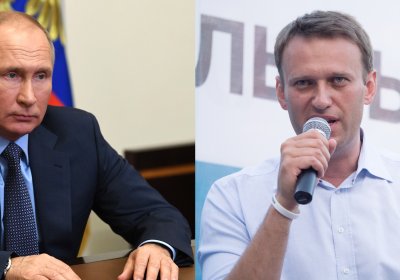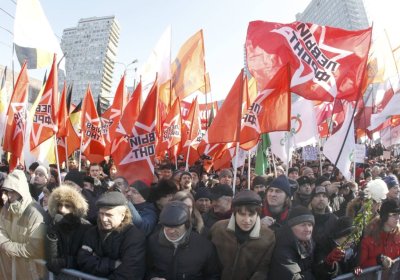Last month's protests in Russia may have been sparked by the arrest of opposition figure Aleksey Navalny, writes Aleksandr Buzgalin, but they were mostly a mass response to the social and economic suffering of the people.
Aleksandr Buzgalin
In Russia, the winter of 2011-2012 was unusually stormy in the political sense. The results of both the parliamentary and presidential elections were clearly worked out in advance, and everything went as foreseen.
President Vladimir Putin and his United Russia party were confirmed in power. But the meetings and demonstrations of tens of thousands of people that took place regularly in Moscow and elsewhere over months placed this order in doubt.
Still more significant was the fact that, even after Putin’s win, the political struggle continued. In May, it intensified.

